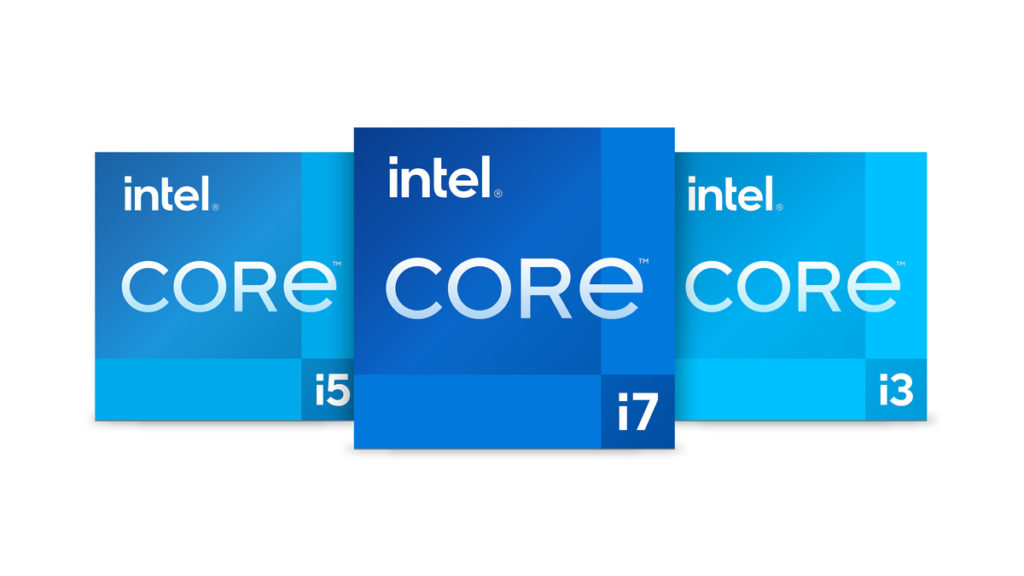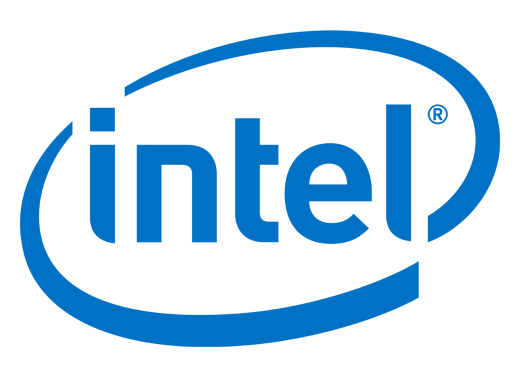Image: Intel
Intel has released a slide deck that confirms some of the features for its upcoming lineup of 11th Gen Core processors, otherwise known as “Rocket Lake.”
Available in configurations of up to 8 cores and 16 threads, Rocket Lake processors leverage the all-new Cypress Cove architecture to enable a double-digit percentage improvement in IPC performance. They feature up to 20 CPU PCIe 4.0 lanes and an iGPU based on Intel’s new Xe graphics architecture, as well as other additions such as integrated USB 3.2 Gen 2×2 and new overclocking capabilities.
“Intelligently designed for desktop performance, Rocket Lake takes advantage of the microarchitecture changes and instructions per clock (IPC) advancements to deliver improved raw performance, gen over gen,”...
Continue reading...



